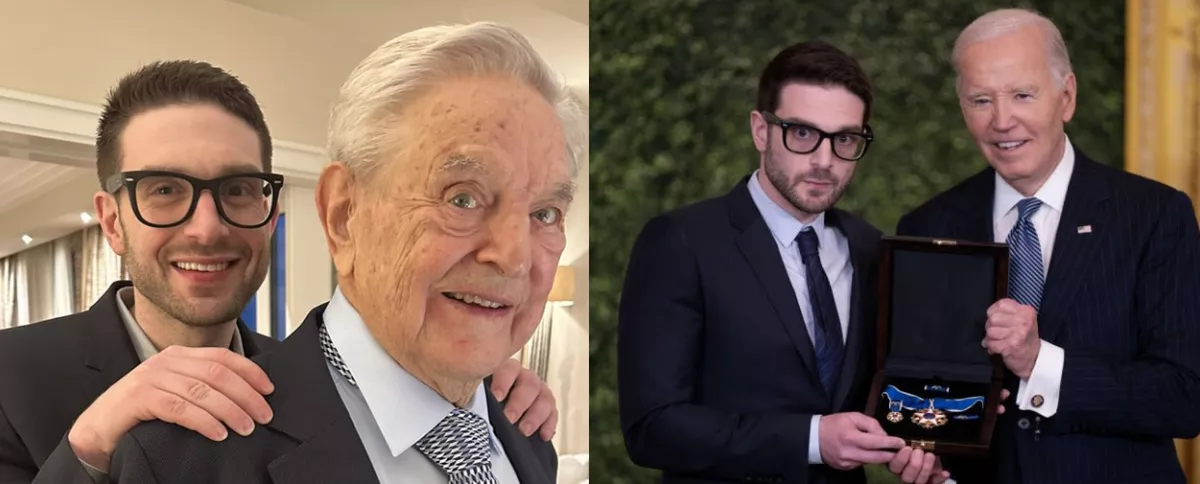Will Trump blindly follow Democrats' PKK policy?
At a press conference on January 7 at his Mar-a-Lago estate in Florida, former President Donald Trump discussed US military strategy in Syria, refusing to reveal specific details. "I won't tell you that because it's part of a military strategy. But I can say this is related to Türkiye," the incoming president said, acknowledging Türkiye's significant role in the region and that it had successfully taken control in various parts of Syria "under different forms and names".
Trump's recent statements on Türkiye and Erdoğan suggest a potential shift in the future of US Middle East policy, in particular as it relates to Washington's relationship with the PKK/YPG terrorist organization. An article by the Daily Sabah points out that Trump is a politician who doesn't view the world and politics through conventional lenses, therefore he seriously questions the relationship with the PKK/YPG, which previous Democratic administrations have established as a state policy in the White House.
Trump did criticize this relationship between the US and the PKK/YPG by highlighting the disparity between US policy and European lobbies that romanticize the PKK. He recalled previously calling the PKK "worse than ISIS" in terms of terrorism and suggested that the US no longer associate with groups like the PKK, preferring to work with legitimate governments like that of President Erdoğan in Türkiye.
The author believes his presidency to not be tied to the established order that relies on America’s costly involvement in Syria and other regions, unlike the Democrats was. He understands that if he does not fundamentally shift this system, which has even resorted to threatening his own life, his presidency will be ineffective and short-lived.
According to the article, ongoing support for the PKK would only benefit those who meddle in US elections, such as those who awarded George Soros the "Presidential Medal of Freedom" on their way out of office.

Trump's frequent praise of Erdoğan points to the similarities between the two leaders, both of whom have faced opposition not only from political rivals but also from media and external influences. They share mutual interests, particularly in Syria, where Trump believes working with Erdoğan's government is more beneficial for US regional interests than continuing support for groups like the PKK.
By Nazrin Sadigova








